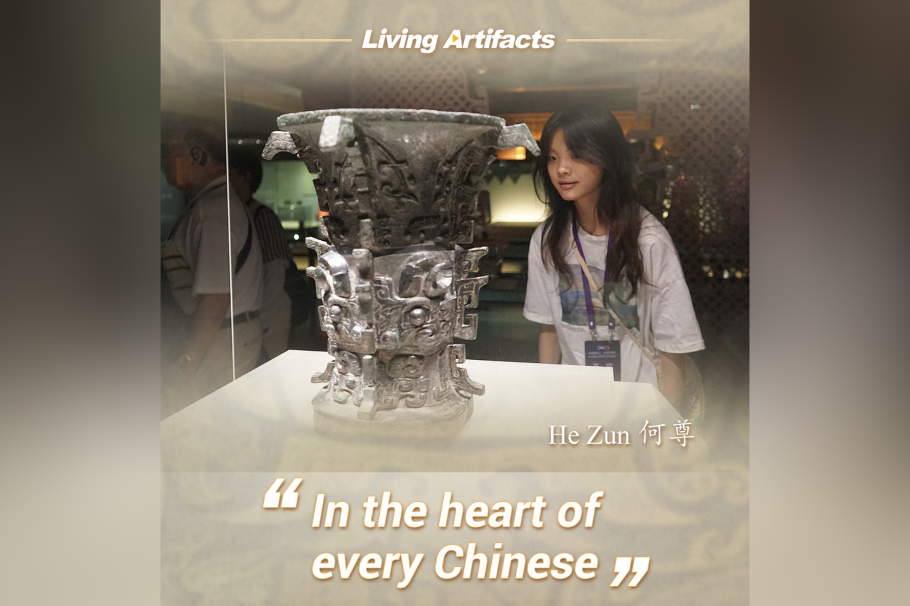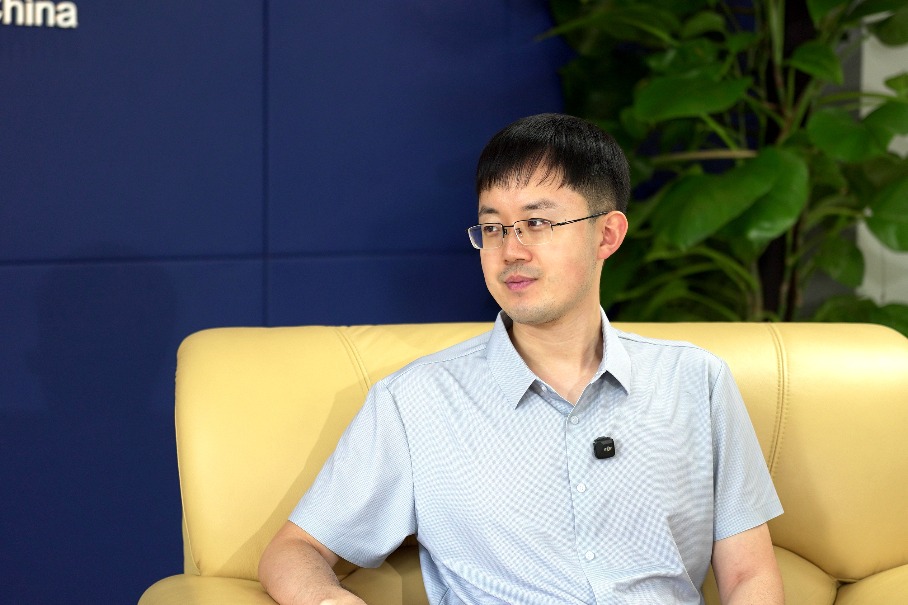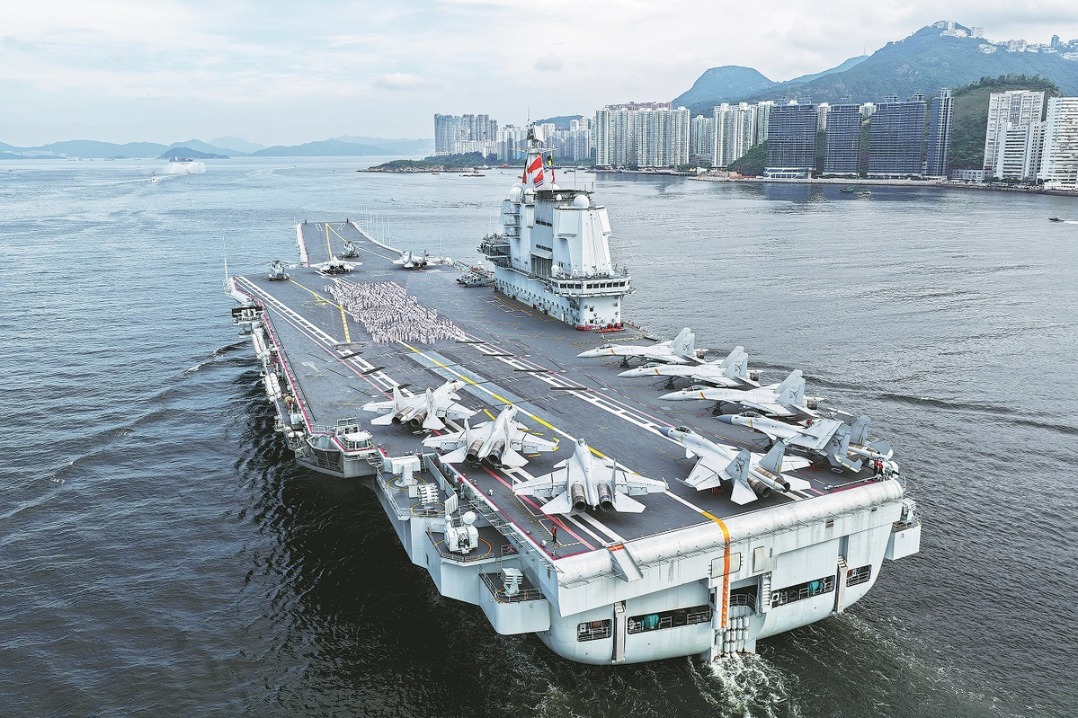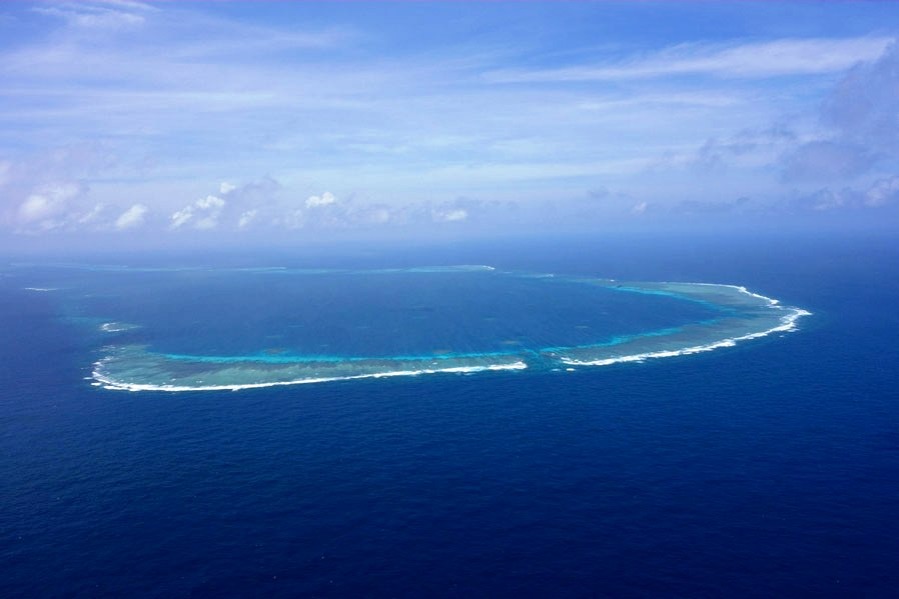Greater say
The growing importance of the Global South in the changing international order

The growing importance of the Global South in the changing international order
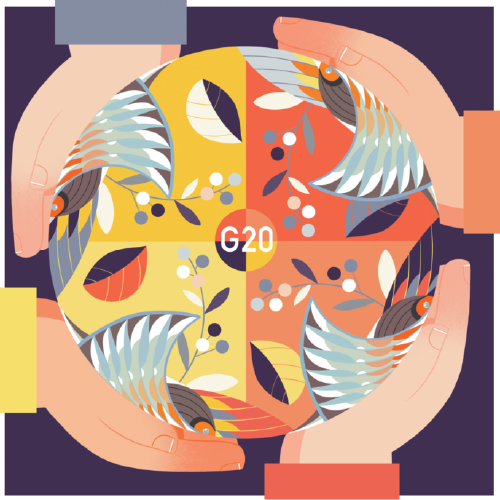
Humanity is not only facing the impacts of climate change and extreme weather events, such as droughts, floods, intense heat and cold, but also witnessing a technological and scientific revolution that encompasses all sectors of society, such as industrial and agricultural production, the restructuring of the service sector, medicine, the development of green technologies, and the intensive use of artificial intelligence. At the same time, profound changes are taking place in the international economic structure, with the advancement of countries in the Global South, notably in Asia, such as China and India, the economic reinvigoration of African nations, and the restructuring of Latin American countries. All of these are contributing decisively to shaking up the world political order, highlighting the need for profound reforms in international governance that take into account this new reality.
In this context, we must pay attention to the contradictions related to the current structure of the international order. The institutions still reflect the post-World War II context in which the United States hegemony was forged. The US refers to this order as "rules-based". These "rules", such as economic liberalism and the electoral competition system, are supposed to be universal. Currently, the domestic policies of the US contradict the discourse it delivers abroad. Instead of providing stability to the international system, the US' actions destabilize it. The US government is a party to the two main international conflicts today, in Ukraine and Palestine.
In contrast, China has assumed a moderating role in the United Nations Security Council and is an advocate for fair rules. The Chinese government played a prominent role in bringing Iran and Saudi Arabia together, and it has actively sought a solution to the conflict between Israeli and Palestinian forces. The meeting held in Beijing on Nov 20, in which Foreign Minister Wang Yi received a delegation of foreign ministers from Arab and Islamic countries, is an example of the new role China has assumed in international relations.
A reality is highlighted in the new configuration of the BRICS group, with the addition of Saudi Arabia, Egypt, the United Arab Emirates, Ethiopia and Iran on Jan 1. Unfortunately, the new Argentine government declined the opportunity to join BRICS. Nevertheless, the incorporation of new members is very positive, as it gives greater cultural and political diversity to the bloc. Additionally, it incorporates complementary political, energy and financial capabilities. Finally, it is worth remembering that Egypt and Saudi Arabia, for example, have strong military ties with the US, underscoring that the new configuration of BRICS is not positioned against any particular power. The BRICS countries reject the hegemonic logic based on the zero-sum game and demonstrate the enormous possibilities for synergy among all nations, especially those in the Global South.
Another important aspect that marks a more significant international role for Global South countries is the G20 forum. This forum was created amid the financial crises of the 1990s as a space for finance ministers and central bank presidents of the world's largest economies to discuss economic and monetary problems. However, major international decisions were only debated in the G7, which brings together the US, Germany, Japan, the United Kingdom, France, Italy and Canada. In 2008, the G20 was elevated to a summit of heads of state in the face of the serious depressive effects of the financial crisis that originated in the US. After that, due to the enormous challenges of international coordination, the G20 became a comprehensive forum incorporating new global themes. In that time, countries such as China, Russia, India, Brazil, South Africa, Turkiye and Indonesia, among others, began to play a greater role in global debates and included themes based on the needs of developing countries, such as combating poverty, hunger, forest preservation, agricultural development and industrial modernization.
Since 2011, the G20 summits have been held annually. Brazil is hosting the G20 debates this year, following the presidencies of Indonesia and India. Before the summit of heads of state, which is the culmination of the event, to be held on the Nov 18 and 19, in Rio de Janeiro, dozens of meetings will be held from different commissions, such as agriculture, digital economy, energy transitions, health, development, tourism, disaster risk reduction, education, employment, climate and environmental sustainability, anti-corruption, culture, trade and investment, women's empowerment and research and innovation.
The slogan of the G20 summit in Rio de Janeiro is "building a just world and a sustainable planet", which reflects the two priorities of the Lula government, which are the fight against hunger and poverty, essential themes for countries of the Global South, and the construction of a sustainable economy, in which the guarantee of decent living conditions for local populations accompanies the preservation of the environment. Another issue for the Brazilian presidency of the G20 is the democratization of global governance. Multilateral financial institutions, such as the International Monetary Fund and the World Bank, need to prioritize the needs of developing nations, especially in infrastructure, and study ways of renegotiating the debts of countries in difficulty.
In conclusion, it is essential to highlight that amid the unprecedented changes we are experiencing, there is a strong movement toward leading current international institutions to fulfill their role, such as ensuring security, well-being and environmental sustainability for all people. Gradually but firmly, the countries of the Global South are moving toward an inclusive international order in which each country can contribute to the common good.
The author is a professor of international political economy at the Sao Paulo State University. The author contributed this article to China Watch, a think tank powered by China Daily.
Contact the editor at editor@chinawatch.cn

















